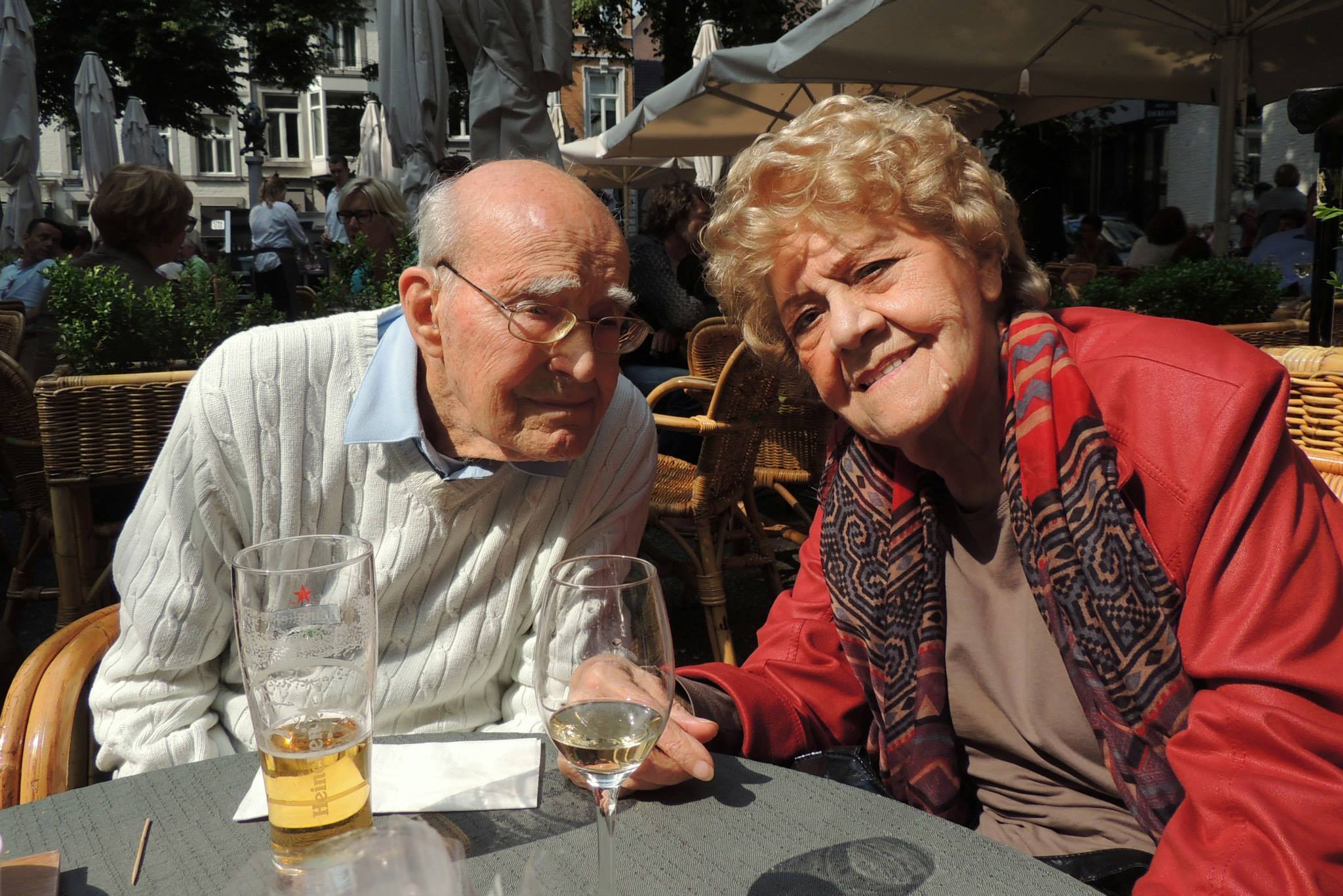Let's write a book they said, it will be fun they said

Ugh stupid me, why didn't I start writing down how it feels for me to write a book about my family history sooner - that judgmental little voice again. I push her away, or rather, I shush her. You've gone through this process yourself, it's within you, you can retrieve it. Good idea, I whisper back, let's start.
It's August 22, 2023, three years ago I drove through the rolling landscapes of Denmark, dreaming about this book, about becoming a writer and telling this story. It took me six months just to begin. 2021 was the year I started my job at the Water Authority; I would work four days and use Fridays to write this book. I often sat there solemnly combining staring at my screen and typing some words, digging into sources, sometimes for weeks on end, sometimes weeks would pass by without opening the draft on the screen again.
Finding the words for this book was challenging in various ways. First of all, writing a book was new to me. How do you write a book? Where do you start, am I doing it right? Two years later, I still don't know if there is 'the way', probably not. I just started. Sebastiaan, my boyfriend, advised me to just start writing, not to constantly aim for perfection and rewriting, as it only hampers creativity. "Okay," I said, and I began. I wrote, sometimes words flowed from my fingers, I couldn’t believe where the words came from. As if they were guided through me, suddenly popping onto the paper. A magical experience. That makes the times when it doesn't flow more frustrating, what did I do differently those other times, how did it work then, how did those words come? Well, no idea. "Magical," that little voice muttered again, "no magic today."
Before words could come out, I had to look inside
What weighed heavily on me is the challenge of facing myself in this process. Now, I'm not averse to a bit of self-development, I delve deeper into my soul than most of my friends combined, and I've turned myself inside out in various ways many times. In this process, however, a piece surfaced that I didn't know was within me, something that no coach, no breathing session or endless journaling had revealed, but it caused me to wrestle through history, my own history, with tears running down my face. The history of my ancestors. The history around the Dutch East Indies, especially during and following upon the Second World War, is a rather dark page in history, hidden behind “Indo’s Silence”/Indisch zwijgen (in Dutch); an expression which refers to the fact that a lot of people from the Dutch East Indies, didn’t speak about what happened, it translates to the mentality "it’s behind us, we’ll move forward". There's pain and shame woven into the events surrounding the Dutch East Indies, on an individual level and collectively, the weight of this bears down on the energy of this collective. Untold stories, unshared suffering, hidden mistakes. Not always recognition, not for the victims, not for the perpetrators who shifted between the roles of heroes and criminals depending on the angle of history.
Family members I had never heard of before, perished in the war, a tormented fate, tears again, for whom, for what? Will these individuals ever be remembered? Will their stories ever be told? Not only did this book weigh heavily, at some point, my own everyday life did too, my work, the routine. Bringing about change; improving culture and structure. That's what I do, or actually did, in my job. People still occasionally chuckle when I tell them and make jokes about the existence of a 'change manager.' I understand, it's abstract, and as I've personally experienced, people don't always like change. The irony is that I used to hate change as a child; after the hard work of my father my nursery got a makeover into my childhood room. The colorued green stripes made way for yellow wallpaper, and my familiar bed turned into a loft bed with an actual desk underneath, self-chosen. I stood there in this freshly adjusted room and started crying. A deeply irritated sigh from my father and a comforting mother. Letting go and change weren't in my genes, despite the fact that my grandparents had to adjust so much. Anyway, back to the present, implementing those changes at work, demanded more and more energy. With a personal battery running on half charge,the desire to sit behind my computer on my day off dwindled. Back then, I blamed the busyness of the week; now I know that I had to clear my head and system first, to articulate this, but mostly to bear it.
Delving into the past, feeling the emotions that were once suppressed, and translating them into words on paper. Time hasn't healed those emotions passed on by generations yet, but I know I no longer want to carry this in silence. I want to write this book as a tribute to my family history, but also to let go of something, that part within me that I didn't know was even there, that stared at me, and that unconsciously I wanted to push away after doing only half the work. But I'm ready now, I'm ready to carry myself.

p.s Want to know more about Indo Silence?
Three 3rd generation Indo artists made a short documentary open the conversation about a past that often remained untold. (documentary is in Dutch).

Member discussion